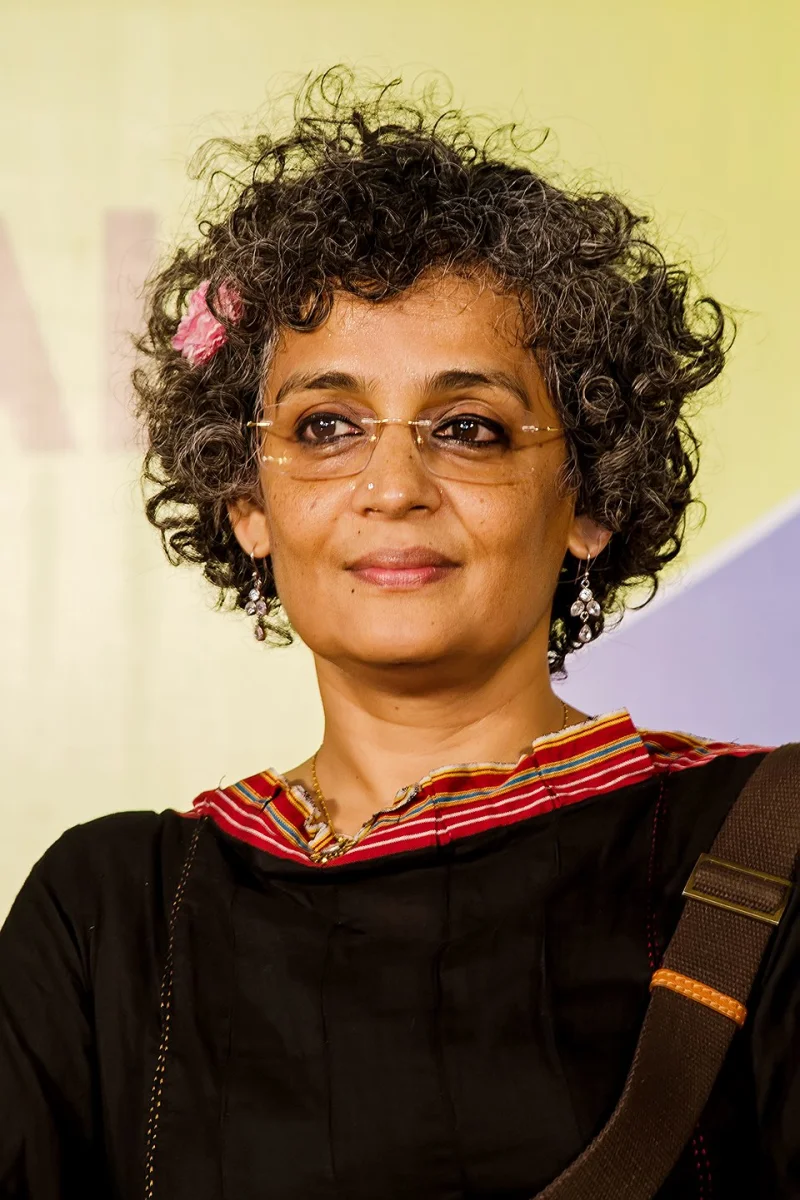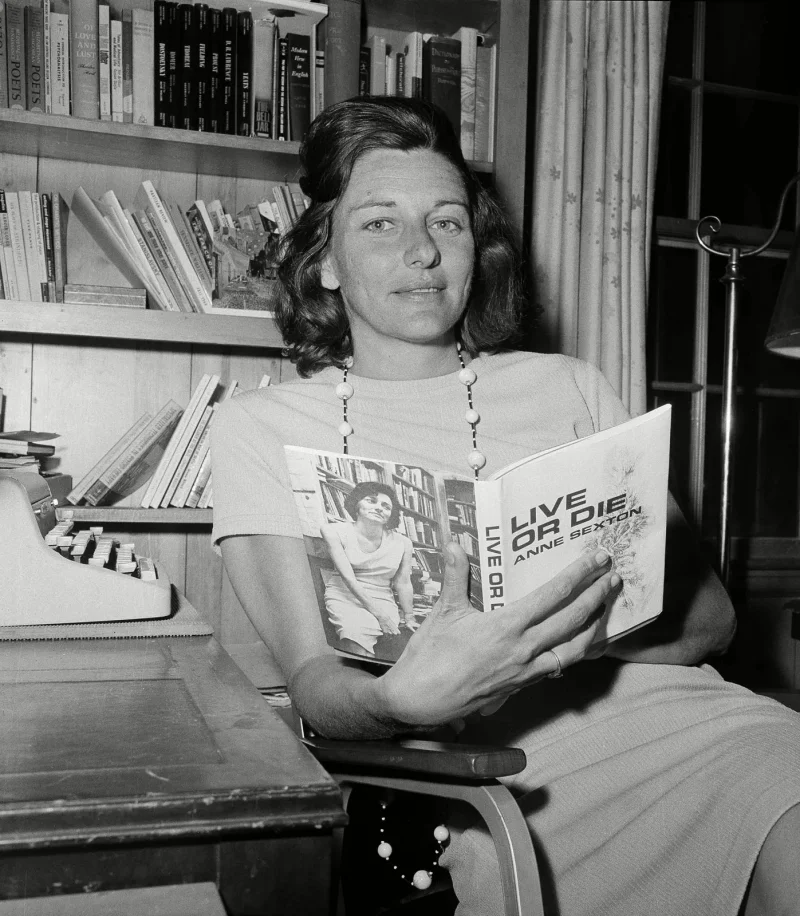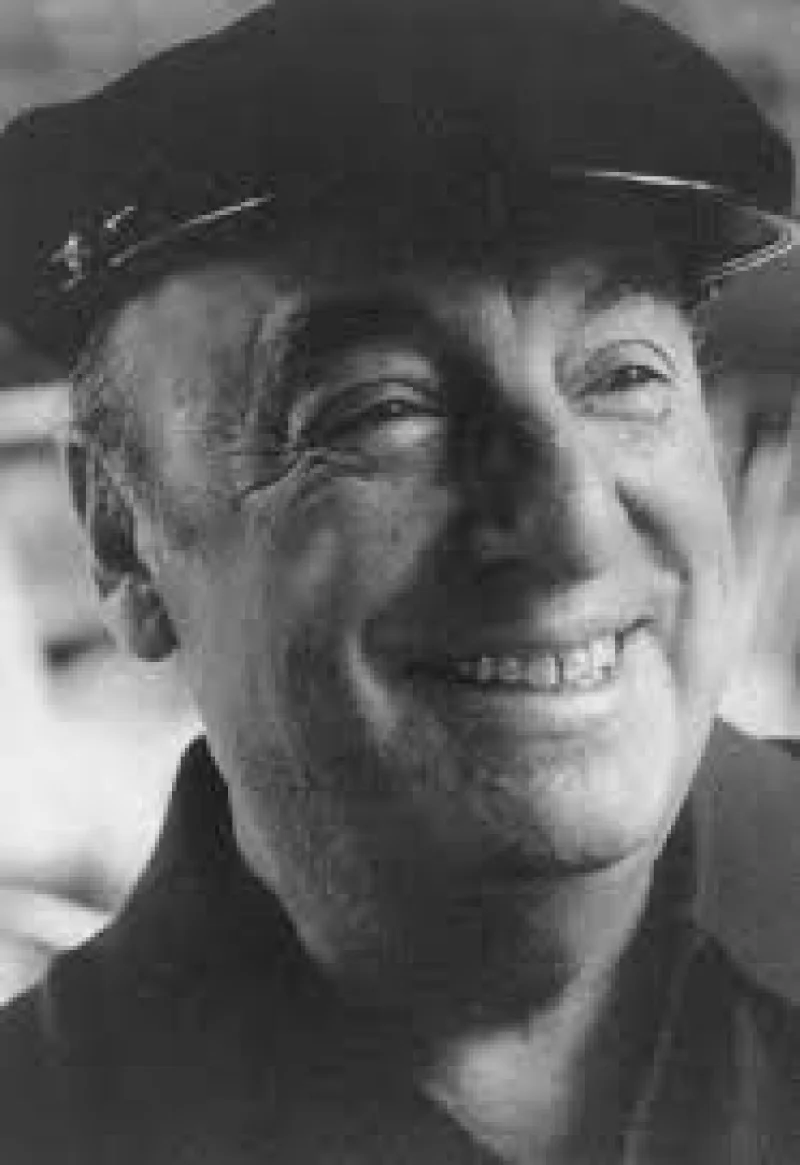Short Summary
Arundhati Roy is a celebrated Indian author and activist, best known for her novel "The God of Small Things," which won the Man Booker Prize in 1997. Her work spans fiction and non-fiction, addressing complex themes such as politics, social justice, and environmental issues. As a public intellectual, she is renowned for her outspoken criticism of government policies and her advocacy for marginalized communities. Her contributions to literature and activism have made her a prominent voice on the global stage.
Early Life & Education
Arundhati Roy was born on November 24, 1961, in Shillong, India. Her mother, Mary Roy, was a women's rights activist, while her father, Rajib Roy, was a tea plantation manager. Growing up in the state of Kerala, she was exposed to a diverse cultural environment. She attended the Lawrence School, Lovedale, and later pursued architecture at the Delhi School of Architecture. Her early life was marked by her mother's activism and the cultural tapestry of Kerala, both of which significantly influenced her worldview and writing style.
Career Highlights
Roy's career took off with the publication of her debut novel, "The God of Small Things," which earned her the Man Booker Prize and international acclaim. Beyond fiction, she has been a prolific essayist, addressing issues such as globalization, environmentalism, and human rights. Her notable works include "The Algebra of Infinite Justice" and "Field Notes on Democracy." Roy is also recognized for her activism, speaking out against India's nuclear policies, the Narmada Dam project, and other controversial issues. Her literary and activist endeavors have established her as an influential figure globally.
Major Achievements
- Won the Man Booker Prize in 1997 for "The God of Small Things," marking her international literary debut.
- Published numerous influential non-fiction works addressing political and social issues in India and internationally.
- Received the Sydney Peace Prize in 2004 for her commitment to social justice and advocacy for marginalized communities.
- Recognized as a significant voice in global activism through her participation in various international forums and movements.
Famous Quotes
- "Another world is not only possible, she is on her way. On a quiet day, I can hear her breathing."
- "There’s really no such thing as the ‘voiceless’. There are only the deliberately silenced, or the preferably unheard."
- "Our strategy should be not only to confront empire, but to lay siege to it."
Interesting Facts
- "The God of Small Things" took her four years to write and was rejected by several publishers before being accepted.
- She worked as a screenplay writer and even acted in a few films before gaining fame as an author.
- Roy donated her Booker Prize money to the Narmada Bachao Andolan, an organization protesting against dam construction in India.
- She faced legal challenges and threats for her outspoken views on controversial political issues in India.
- She was awarded the Lannan Cultural Freedom Prize in 2002 in recognition of her work in advancing social justice.
Legacy / Influence
Roy's impact extends beyond literature into activism, where her voice has been pivotal in reshaping discourse on social justice and environmentalism. Her fearless critique of power structures and advocacy for the oppressed continue to inspire activists and writers worldwide. Her literary works challenge readers to confront uncomfortable truths and have contributed significantly to contemporary Indian literature, cementing her legacy as a transformative figure.
FAQ
Q: Why is Arundhati Roy famous?
A: She is renowned for her Man Booker Prize-winning novel "The God of Small Things" and her activism on social and political issues.
Q: What themes does she explore in her work?
A: Her work often explores themes of social justice, politics, environmental issues, and the complexities of Indian society.
Q: Has she faced any controversies?
A: Yes, her outspoken views on political issues have led to legal challenges and threats in India.
Q: What other roles has she had besides writing?
A: She has worked as a screenwriter and has been actively involved in activism and public speaking.










